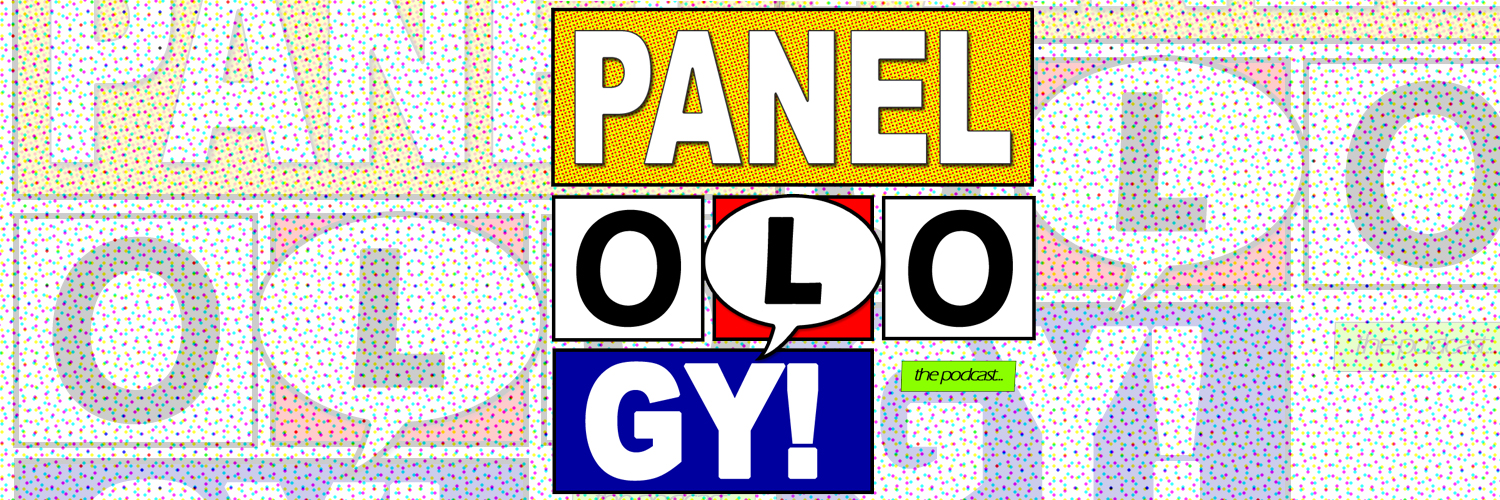There is a corner of the Marvel universe filled with bright colors and laughter. We have met two of its denizens, Squirrel Girl and She-Hulk. Now, let’s meet Hellcat.
Patsy Walker has a strange history that starts in the romance comics of the ‘40s, transitions into jokey super-heroics, and eventually leads to trauma. The details of that trauma are not part of this volume, but its effects are. The biggest—and most subtle—difference between Squirrel Girl and Hellcat is that the former is earnest and feels invincible. Patty, however, always seems to work against a subtle undercurrent of sadness. Her hopefulness does not come from knowing she never loses—it comes from knowing that the next moment comes with the opportunity to be—and do—better.
This book trades in relationship and interaction. Kate Leth makes Patsy stand out from other superheroes by having her do more than punch her problems. She asks, “Why?” Then she looks for a better solution. For example: when she stops a new Inhuman with telekinesis from robbing an armored truck, she realizes he’s new at this. She takes the time to understand him; they bond over their love of musical theater*, and she helps him return the money. At the end of the day Hellcat isn’t going to marginalize people she could help instead. That’s her superpower and her charm.
While we’re on the subject of marginalization, it’s worth noting that Leth makes it a point represent a variety of characters in Hellcat. In fact, according to one of the writer’s recent tweets, as of the script to issue #16, less than 5% of run’s dialogue comes from straight, white men. That’s not accidental, and it’s in line with the book’s theme of seeking to understand the complexities of people around you. Inclusiveness may not make a book good or bad on its own, but this is a good book that does value representation; I think that’s worth drawing attention to (and if you disagree, stick it in your ear).
Alright, back to the normal formula: let’s talk art! The main arc of this trade has a Saturday morning cartoon vibe to it: Williams and Wilson’s visual are vibrant and expressive, borrowing the occasional style choice from old romance comics or sources like anime. For example, when Patsy is angry, metaphorical flames engulf her; and when she is exuberant, she transforms into chibi-Hellcat. The final issue here is a done-in-one story in which Patsy and Friends take a day off—guest-artist Natasha Allegri leans into that chibi style for the story. That issue reads and looks (in a good way!) like an opportunity to take a breath before new complications arise.
Patsy Walker, A.K.A. Hellcat is in line with Marvel’s other, more humorous books, but it stands out for its unique brand of optimism. This run has a lot of moving parts to it, but its execution makes its intricacies seem simple and organic. Its characters are upbeat and charming, if sometimes also a bit melancholy. If you’re in the mood for something funny and willing to check your cynicism at the door, I recommend checking it out.
*Oh, yeah, Leth slips a bunch of musical theater references into this book. That may not be the only reason I like it, but it doesn’t hurt.
Collected in
- Patsy Walker, A.K.A. Hellcat!, Vol. 1: Hooked on a Feline (#1-6)
Credits
Writer: Kate Leth | Artists: Brittney L. Williams (1-5), Natasha Allegri (6) | Colorists: Megan Wilson (1-5), Natasha Allegri (6) | Letterers: VC’s Clayton Cowles with Joe Sabino (1) | Assistant Editor: Chris Robinson | Editor: Wil Moss

